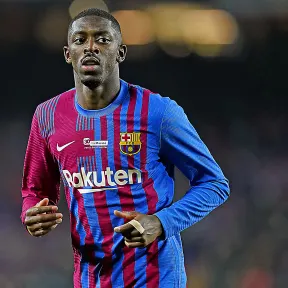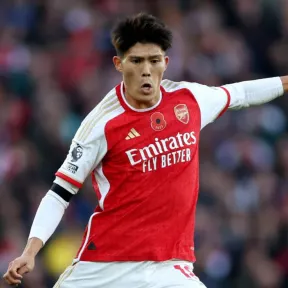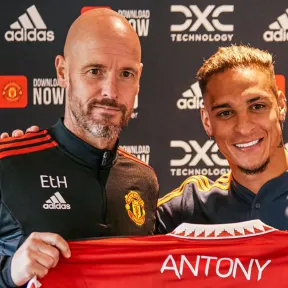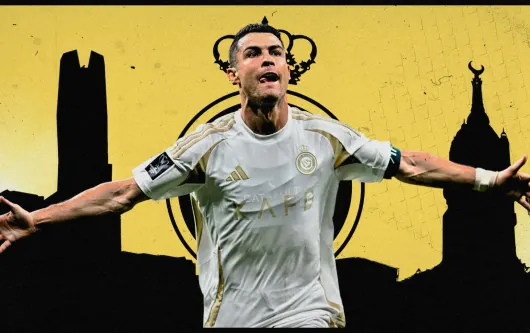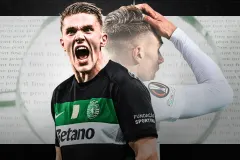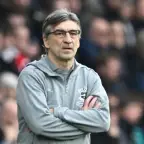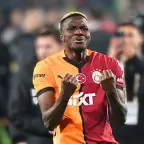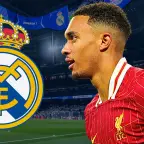Man Utd: How to kill a club in 10 years
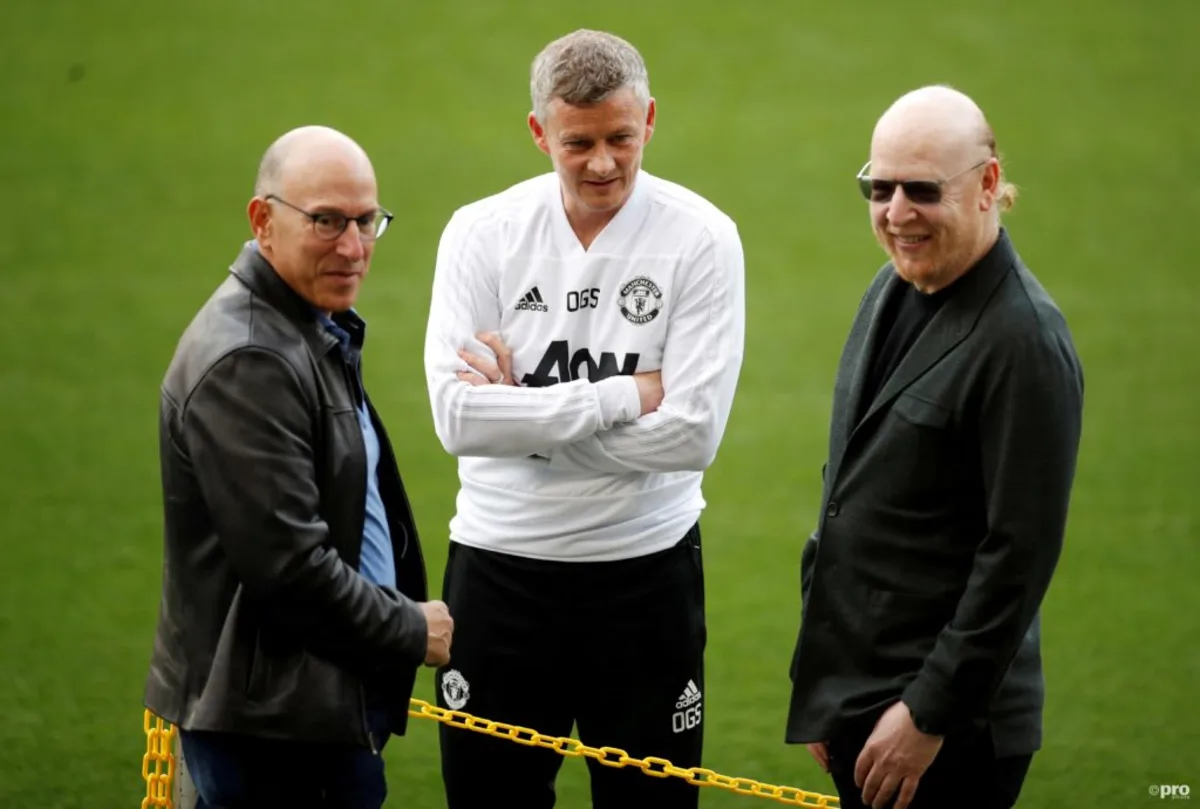
Liverpool or Manchester City couldn't have executed a plan to sabotage their rivals Manchester United better than what the Glazer family and their cohorts have achieved in the past decade.
It's a brutal fact, and it's visible in every aspect of the business. But one of the most obvious is in their transfer input - or lack thereof.
The Glazers, with their leveraged buyout loading debt on the organisation, have been at the helm since 2005. But in chief executive David Gill and manager Sir Alex Ferguson, there was a structure and philosophy that was able to survive the transition to the Americans.
Cristiano Ronaldo was there, Wayne Rooney was there. Rio Ferdinand, Nemanja Vidic, Paul Scholes, Carlos Tevez. Indisputably world class players featuring for a world-class manager in a world-class stadium, the envy of all other clubs in the world.
Even as servicing interest payments became more important than making new signings, as the £80m raised from Ronaldo’s 2009 sale was sucked into the Glazer’s pockets via dividend payments, Ferguson and Gill remained calm and astute, winning two of the next four Premier League titles, and the two they didn’t win were conceded on the final day of the season to Chelsea and Manchester City respectively.
Ralf Rangnick announces that he will not be staying on at United as a consultant.#MUFC
— Manchester United (@ManUtd) May 29, 2022
With an overriding control and mutual understanding of the strategy, clubs with suspect owners and dubious approaches can still succeed. But Gill and Ferguson both left in the summer of 2013, and the unintended destruction of Manchester United football club began in earnest.
Sir Alex Ferguson and David Gill
Ferguson and Gill were replaced by David Moyes and Ed Woodward respectively. Moyes, essentially, a friend and recommendation of Ferguson and Woodward a friend and ally of the Glazers. Not quite nepotism, but not in any way representative of the hiring of the two most important jobs at a club.
Both were inept, but while one was relieved of his duties after ten months, the other ambled on for a decade doing literally nothing right. Louis van Gaal, Jose Mourinho, Ole Gunnar Solskjaer, and now the departed Ralf Rangnick, all jettisoned in and given no organisational structure to succeed. Players bought and sold randomly with any thought of their function or suitability. Tactics and ideas changed and changed again. Players who might have been useful signings allowed to go somewhere else.
And so we fast forward from 2013 until 2022, and an interim manager who was meant to become advisor next season has now left altogether. The latest attempt at long-term strategy lasted a whole six months and there’s no clear sign as to what happens next. Who will take over, what their football philosophy is and which players they will want to sign. They are already behind the eight ball for next year, and this one has just finished.
Old Trafford represents Man Utd’s decay
And the stadium itself is in many ways the physical representation of what is happening off the pitch. It’s a crumbling monument to former success; dilapidated and unfit for function in just about every capacity. It has, slowly but surely, descended from one of European football’s finest stadiums to being overtaken by every other big six rival, and by quite a distance, too.
And this malaise, allowing rivals to steal a march in how they are planning two, three, five years ahead is mirrored exactly on the sporting side of things. This is now a reactive club, making decisions based on externalities and one more interested in reporting degrees of social media engagement than striving for any tangible on-pitch improvement.
Manchester United now 'Brand United
This is now ‘Brand United’ but one that constantly has to reference the past to stay in any way relevant. They play on the historic view of United as a global giant, and there’s still plenty of mileage in that based on what has been before. But it won’t last forever. European football is littered with clubs that assumed status is permanent, but it’s not - certainly more so among a changeable global support with less specific ties to the foreign team of their choosing.
And so everything about Rangnick’s curt exit announcement is an encapsulation of the position the club is now in, one that will require fundamental revolution to exact but which there is no real political will to apply.
The Glazers will get paid dividends, the debt will largely remain unmoved despite record revenues, and for them, the world still turns. But for everyone else, it’s abundantly clear; United are already miles behind. And the gap is only getting wider.

